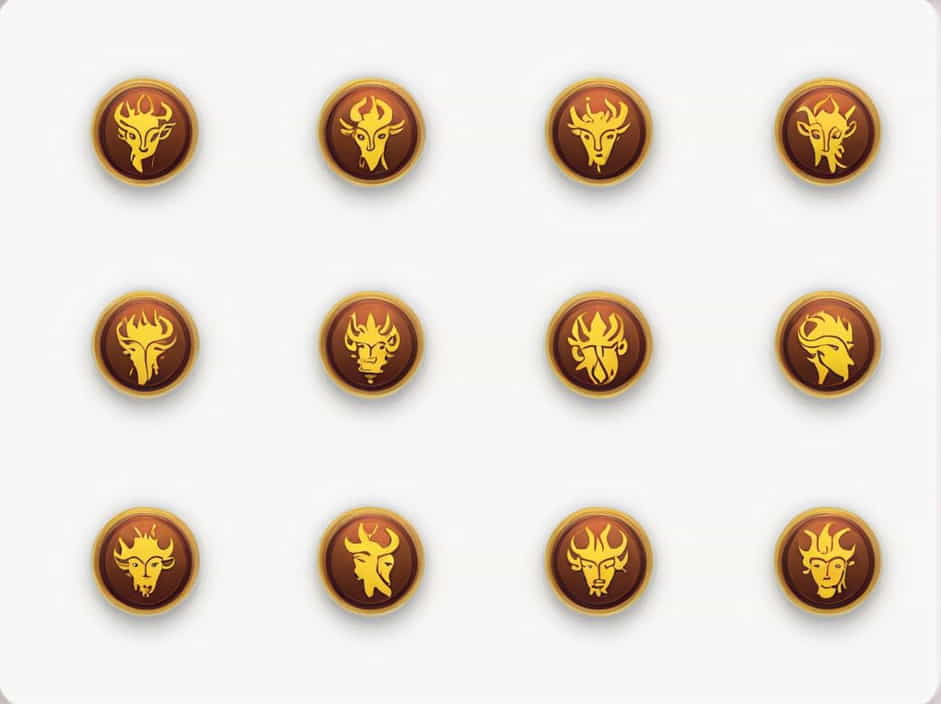Mythology is a fascinating and essential part of human culture. Every civilization has myths—stories that explain the origins of the world, the nature of gods, and the values of society. But what does mythology really mean?
This topic explores the definition of mythology, its different types, its role in culture, and why myths continue to be relevant today.
Definition of Mythology
1. What Is Mythology?
The word mythology comes from the Greek words mythos (story) and logos (study or explanation). Mythology is the collection of myths, legends, and traditional stories that explain the beliefs and history of a culture or society.
Myths often involve gods, heroes, supernatural beings, and moral lessons. They were passed down through generations, originally through oral storytelling, before being recorded in written form.
2. Difference Between Myth and Mythology
- A myth is an individual story, like the tale of Zeus in Greek mythology.
- Mythology refers to a collection of myths from a specific culture, such as Norse or Egyptian mythology.
Types of Mythology
Every culture has its own mythology, but they generally fall into different categories based on their themes and origins.
1. Creation Myths
These myths explain how the world, humans, or gods came into existence.
Examples:
- Greek Mythology: Chaos gave birth to the first gods, leading to the creation of the world.
- Norse Mythology: The world emerged from the void (Ginnungagap), shaped by the giant Ymir and the god Odin.
- Hindu Mythology: Lord Brahma created the universe from a cosmic egg.
2. Heroic Myths
Heroic myths tell stories of legendary figures who perform great deeds, often overcoming challenges with the help of gods.
Examples:
- Hercules (Greek Mythology): Completed 12 labors to prove his strength.
- King Arthur (Celtic Mythology): A legendary British king who wielded the sword Excalibur.
- Rama (Hindu Mythology): Defeated the demon king Ravana in the Ramayana.
3. Trickster Myths
These myths feature trickster gods or figures who use intelligence and deception to challenge authority or create change.
Examples:
- Loki (Norse Mythology): A mischievous god known for causing trouble.
- Anansi (African Mythology): A spider trickster who outsmarts stronger creatures.
- Coyote (Native American Mythology): A shape-shifting trickster with both helpful and destructive traits.
4. Afterlife Myths
These myths describe what happens after death, including the concept of heaven, hell, or reincarnation.
Examples:
- Greek Mythology: The underworld, ruled by Hades, where souls go after death.
- Egyptian Mythology: The journey through the Duat, where the heart is weighed against the Feather of Ma’at.
- Christian Mythology: The belief in heaven and hell based on a person’s actions in life.
The Role of Mythology in Society
1. Explaining Natural Phenomena
Before science, myths were used to explain the natural world.
Examples:
- Thunder and lightning were believed to be the actions of Zeus (Greek) or Thor (Norse).
- The changing seasons were explained by the story of Persephone and Hades (Greek).
2. Teaching Moral Lessons
Many myths contain moral lessons to guide behavior.
Examples:
- The Boy Who Cried Wolf (Aesop’s Fables): Teaches the importance of honesty.
- The Story of Narcissus (Greek Mythology): Warns against excessive self-love.
3. Strengthening Cultural Identity
Mythology helps define a culture’s identity, values, and traditions. It gives people a sense of belonging and pride in their heritage.
4. Entertainment and Literature
Mythology has inspired countless books, movies, and TV shows. Stories like The Lord of the Rings, Harry Potter, and Marvel’s Thor all have roots in mythology.
Popular Mythologies Around the World
1. Greek Mythology
One of the most well-known mythologies, featuring gods like Zeus, Athena, and Hades, and heroes like Perseus and Odysseus.
2. Norse Mythology
The myths of the Vikings, including Odin, Thor, Loki, and the story of Ragnarok—the end of the world.
3. Egyptian Mythology
Stories of gods like Ra, Osiris, and Anubis, as well as the famous myth of Isis and Osiris.
4. Hindu Mythology
Includes epic stories like the Mahabharata and Ramayana, featuring deities like Vishnu, Shiva, and Durga.
5. Chinese Mythology
Features legendary figures like the Monkey King (Sun Wukong) and powerful deities like the Jade Emperor.
Why Mythology Is Still Relevant Today
1. Influence on Modern Culture
Myths continue to inspire movies, literature, and even brands. Companies like Nike (named after the Greek goddess of victory) and luxury car brand Odin use mythological references.
2. Understanding Human Psychology
Mythology reflects human fears, desires, and struggles. Studying myths can give insight into how people think and behave.
3. Connection to Religion
Many religious beliefs and traditions have roots in mythology. Understanding mythology helps us better appreciate different cultures and belief systems.
4. Lessons That Still Apply
Even today, myths teach valuable lessons about bravery, wisdom, and morality.
Mythology is more than just ancient stories—it is a reflection of human history, culture, and imagination. From explaining natural events to shaping modern entertainment, myths continue to be a vital part of society.
By studying mythology, we can better understand the beliefs of different civilizations and appreciate the timeless power of storytelling.
